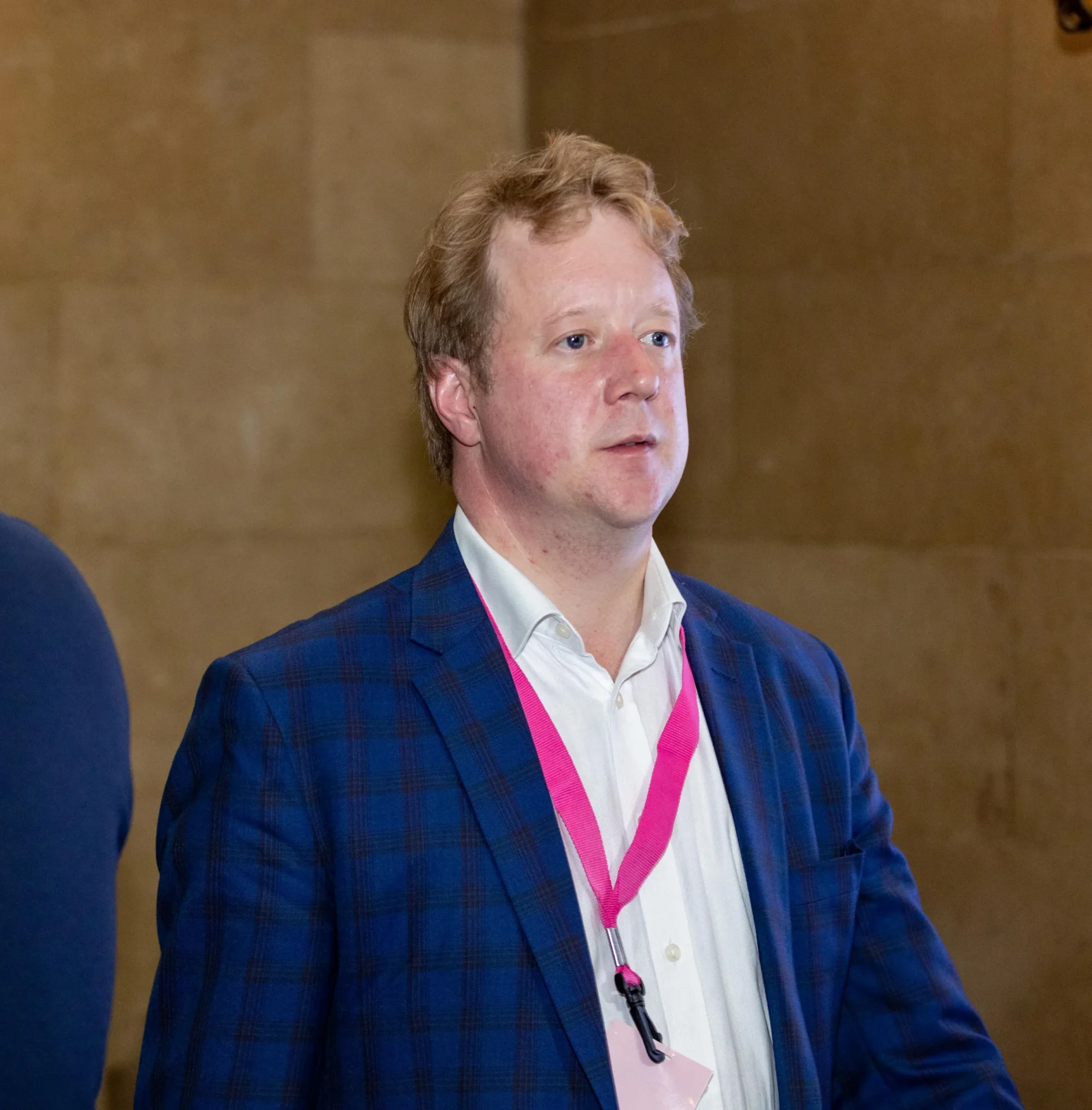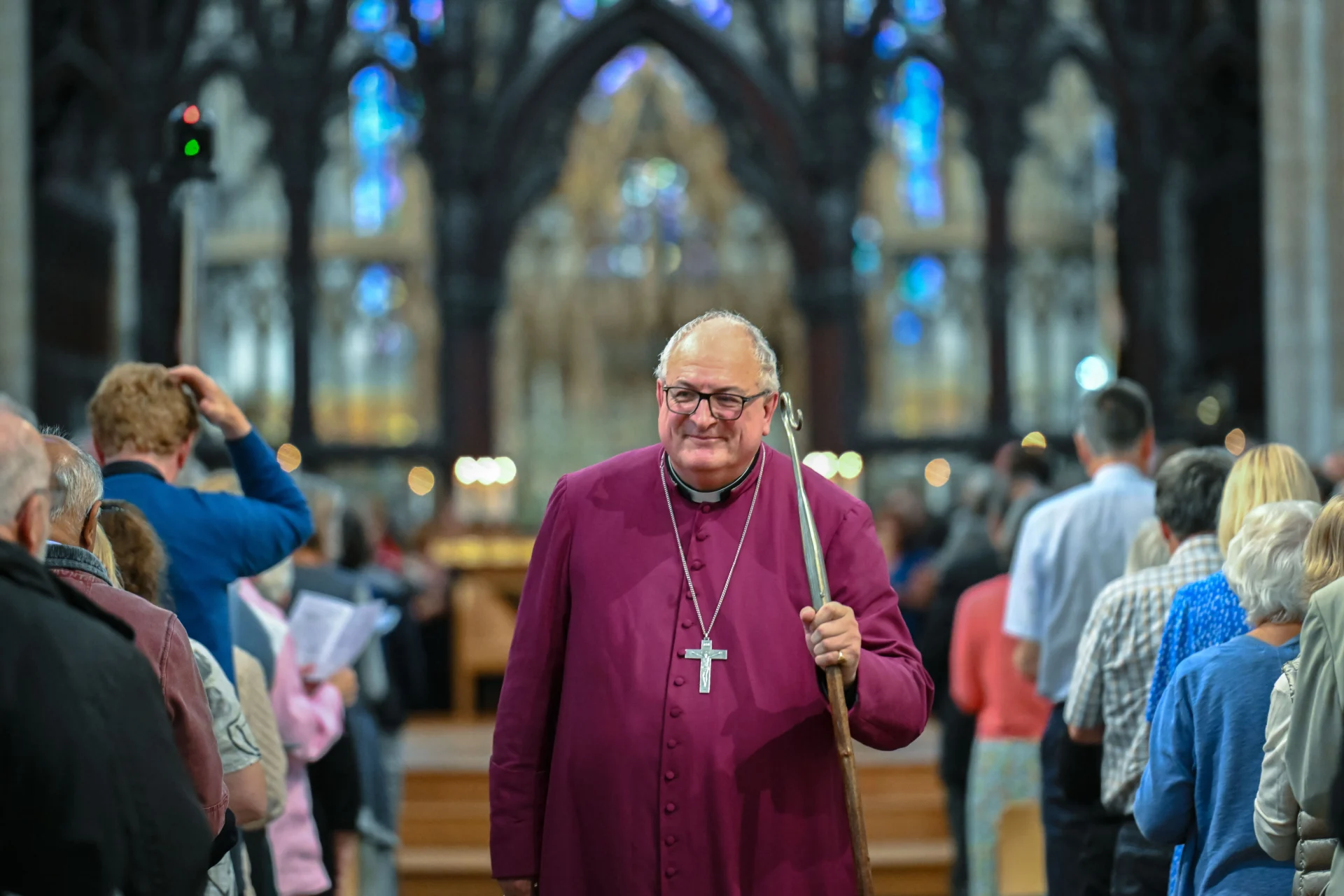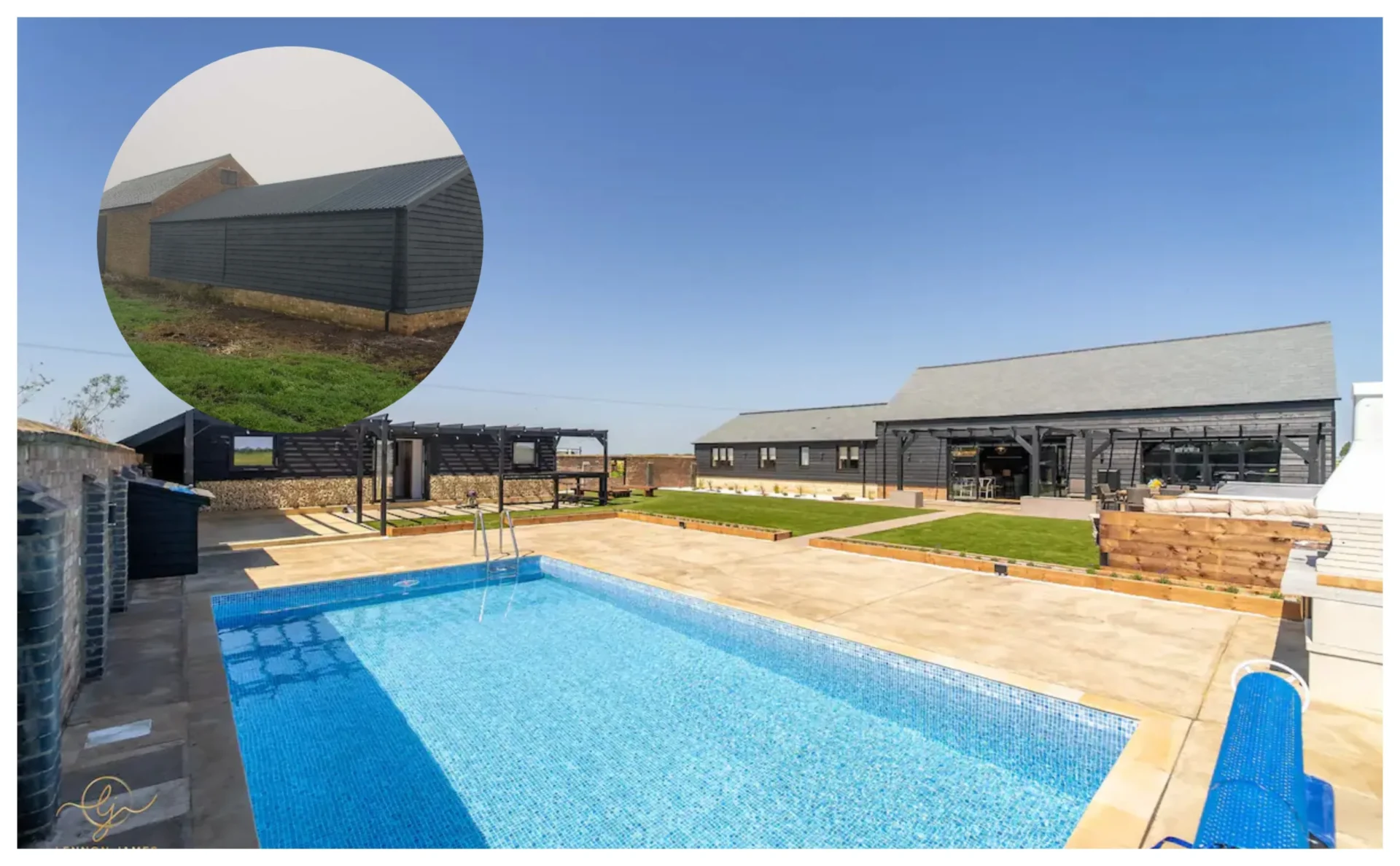Cambridgeshire and Peterborough’s transport network could see significant investment and reshaping in the years ahead, following a wide-ranging update delivered by Rob Bridge, chief executive of the Combined Authority, at last week’s board meeting.
The report highlighted progress on key schemes affecting roads, buses, and active travel, while setting out both opportunities and risks in the months ahead.
Bid to Boost A428 Corridor Connectivity
One of the most pressing developments is a funding bid to National Highways under its Designated Funds programme, tied to the £1 billion A428 Black Cat to Caxton Gibbet dualling project.
Working with Cambridgeshire County Council and Bedford Borough Council, the Combined Authority submitted four schemes aimed at improving connectivity and safety around the A428 and A1 corridors.
The proposals include:
A new active travel link between Caxton Gibbet and Cambourne
Phase 1 improvements from St Neots to Phoenix Park and Wyboston Lakes, including a shared-use path and safer crossing over the A1 slip road
Phase 2 crossing at the Wyboston Lakes signals, further linking leisure and employment sites
Phase 3 major crossing of the A428 east of the A1 roundabout, with extended shared-use paths connecting St Neots directly with Wyboston Lakes
The total bid of £753,750 is competing against projects across England, with decisions expected later this year. Bridge acknowledged that not all four schemes may be approved but stressed their importance for reducing severance, enabling safe school routes, and encouraging alternatives to car use.
Active Travel Fund Secures Nearly £5m
Alongside highway upgrades, the Combined Authority has secured a significant boost for walking and cycling.
Through Active Travel England’s Consolidated Fund, the region has been awarded £4.9 million for 2026–2027. Of this, £3.8m is earmarked for construction and upgrades to walking, wheeling, and cycling routes, while £1.1m will fund design work, community engagement, and behaviour-change programmes.
Indicative schemes have already been submitted, with final approval expected in October.
“This allocation reflects our strategic commitment to improving connectivity and delivering impactful active travel schemes,” Bridge told the board.
Peterborough Bus Depot Plans Progress
Bus travel also featured heavily in the report, with fresh detail on the long-awaited Peterborough bus depot.
Site appraisals have been completed and a business case is being developed, including land purchase options. The project has part-funding in place, but overall costs are expected to exceed the initial budget.
The Combined Authority views the depot as essential not only to modernise facilities—replacing Peterborough’s outdated depot—but also to deliver a fully franchised bus network across the region.
This is a key piece of infrastructure, said Bridge, and supports both a better passenger experience in Peterborough and the wider franchising strategy to improve bus services regionally.
Renewable Energy and Transport Integration
The report also noted progress on the Mayoral Renewable Fund, which is backing a £700,000 scheme to install a solar canopy at Cambridgeshire Constabulary’s Hinchingbrooke headquarters. While primarily aimed at reducing the force’s energy costs, the project ties into wider efforts to make transport hubs and infrastructure more sustainable.
In July Police and Crime Commissioner Darryl Preston said the Police had worked in partnership with the Cambridgeshire and Peterborough Combined Authority to submit their application to the Department of Energy Security and Net Zero for the Mayoral Renewable Fund Grant – a £10m grant scheme to develop renewable energy projects locally. The aim of this grant is to contribute to the Government’s ambition to develop 8MW of clean power in support of Clean Power 2030.
Discussions are ongoing about extending similar solar canopy projects to Peterborough, potentially linking renewable energy generation with transport sites such as car parks.
Looking Ahead
With schemes ranging from highway crossings and cycle routes to bus depot investment and renewable energy integration, the Combined Authority is positioning transport as central to its growth and sustainability strategy.
Decisions on several key funding bids are expected before the end of the year. If successful, the projects could help reshape how people travel across Cambridgeshire and Peterborough—whether by car, bus, bike, or on foot.
For Bridge, the coming months will be critical in converting plans into delivery emphasising that transport remains at the heart of connecting communities to grow the economy, and support a greener future.


















